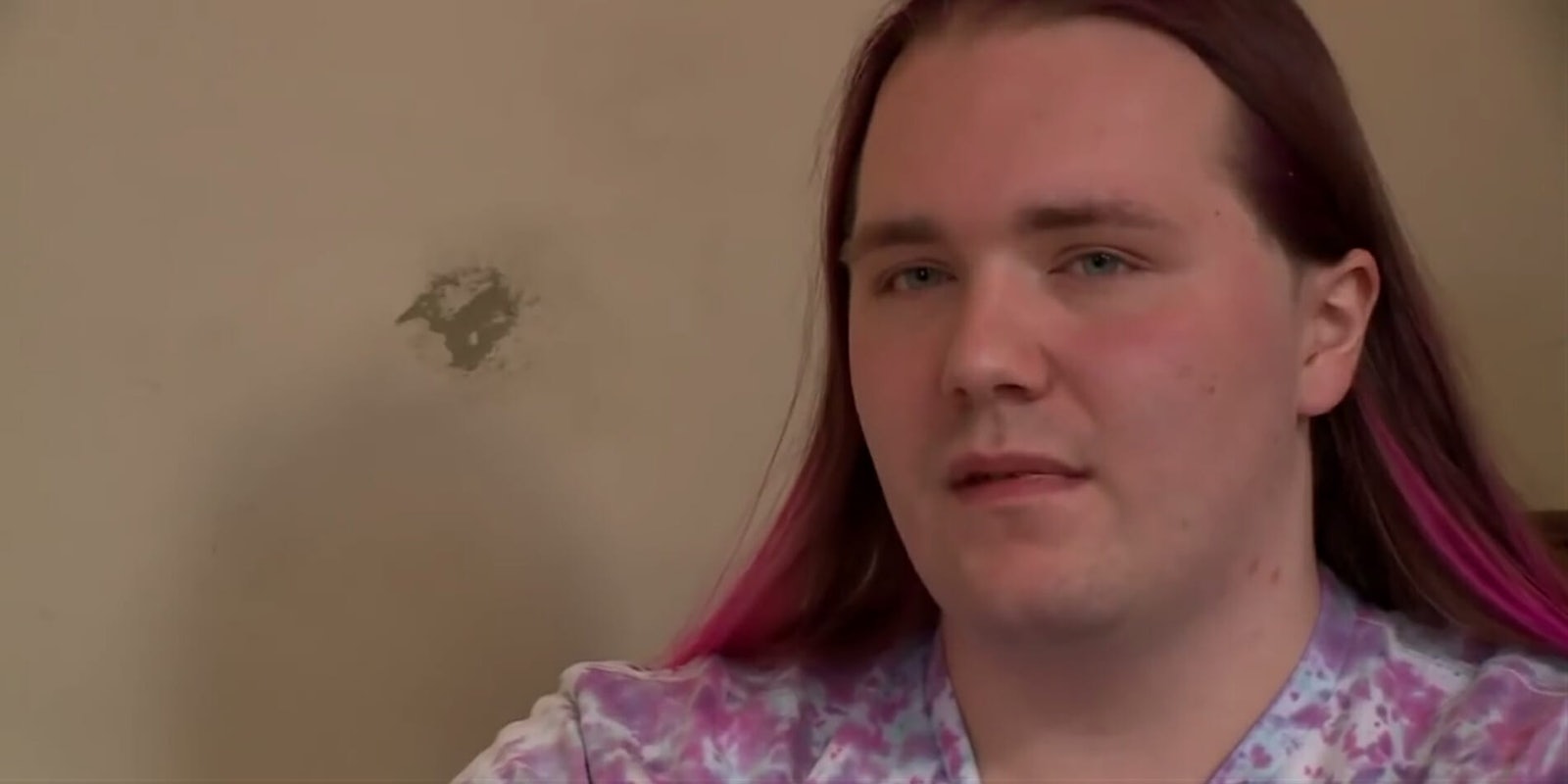Another “transracial” person has come out of the closet, so to speak. Earlier this month, the world was introduced to “Ja Du,” who is white but identifies as “transracial” and wants to be Filipino.
When it comes to Ja Du’s transracial identity, his story reads like many others. Ja Du grew up around Filipino food and felt “intrigued” by the country all his life, often watching the History Channel for hours just to learn about Filipino culture. Eventually, he started to consider himself Filipino, down to owning a tuk-tuk in homage to his fascination.
“Whenever I’m around the music, around the food, I feel like I’m in my own skin,” Ja Du told Florida’s USA Today Network affiliate WTSP.
Meet Ja Du. He’s a ‘transracial’ man who was born white but identifies as Filipino. https://t.co/3ZmzwvaH3Y pic.twitter.com/lgAV91tGVK
— USA TODAY Video (@usatodayvideo) November 13, 2017
Suffice to say, Ja Du’s transracial identify quickly went viral, with people of color calling out Ja Du. For them, it’s insulting and speaks to a history of white people taking whatever they want, whenever they want, for their own purposes. Ja Du wants to adopt the “cool” cultural things associated with being Filipino without ever experiencing the adversity of living in dark skin.
https://twitter.com/_wonderfrankie/status/930219031252160519
https://twitter.com/m00psies/status/930256441046216704
This is what white privilege looks like. Trans racial won’t be a valid thing until a black person can avoid being shot, by telling the police, “wait, I identify as a white person!”
— Jeremy Williams 🐯☯️ (@Metalyger) November 13, 2017
Listen, i love thai culture and i go to Thailand every year. I appreciate the culture,i love the people and country and wouldn’t even mind moving there but i won’t consider myself a thai. That doesn’t make sense
— Nakia Shuri Okoya (@GurlPwr4Life) November 13, 2017
this is low key racist, because you think that being another race feels different, ‘oh i feel like a filipino’, in actual reality we are all humans and we are all the same, race isn’t anything but a colour, CULTURE IS DIFFERNT TO RACE, if you are fond of their culture their is https://t.co/uPpFa2i9oO
— #JusticeForShukriAbdi 🇵🇸🇨🇩🇸🇩🇾🇪 (@xxxporneditor) November 13, 2017
But Ja Du’s case is a bit different from other viral “transracial” sensations like Rachel Dolezal and Martina Big, who both identify as cisgender women. Ja Du says he’s also transgender and wants to undergo gender transitioning.
In the local station’s original interview with Ja Du, the reporter identifies Ja Du as a “transsexual” and proceeds to mention his assigned gender at birth and deadname, all of which are seen as signs of disrespect to the trans community.
When the Daily Dot reached out to Ja Du about how he identifies (with he/him pronouns for starters), he told us: “Transsexuality and transracialism aren’t the most important things in a sense of who I am. I believe you should be you and I don’t think your identity should be who you are. If people feel compelled to call me a woman or transsexual, that’s just what makes sense to them and I’m OK with it.”
So perhaps Ja Du isn’t quite clear on the significance of labels or the history of race and transgender people in this country—maybe he’ll get there.
But for the people hating on Ja Du, things have also gotten complicated. Because of the insensitive reporting that first went viral, many outlets and Twitter users are either not noting that Ja Du is transgender or discrediting that he is transgender based on his “transracial” status.
The problem is you can’t conflate “transgender,” a real thing, with “transracial,” a made-up word for people who want to change their race. Trans activists and allies alike have since stormed Twitter, explaining the difference.
https://twitter.com/jessyjeanie/status/930197436013907968
Race is inherited from your biological lineage. It’s about your family’s past and your ancestors. Sex is a 50/50 chance, your lineage doesn’t affect it, so the body can develop differently from the brain in the uterus, making gender and sex not match up. I hope this made sense :P
— kitt 🍉💖 (@werewolfwebsite) November 14, 2017
https://twitter.com/AdriannaNaya/status/930351872774307840
THE JA DU TAG IS SO NASTY ARE YALL SERIOUSLY EQUATING TRANSRACE AND TRANSGENDER AS IF ITS COMPARABLE AT ALL ??? Jesus Christ
— *・。゚ MOVED ✧ @ check pinned (@archivistsasha) November 14, 2017
Let me simplify the difference between race and gender identity: Scientific studies show that gender identity is not just something that’s built up culturally; it’s a psychological experience rooted in one’s brain. In short, while gender roles are the result of social and cultural oppression, gender is an internal experience.
Meanwhile, there’s no psychological basis for one’s culture and race. People aren’t born with an internal understanding of their skin color. Racial identity is entirely based on one’s physical body in relation to the society and culture they grow up with.
In other words, race is literally skin-deep, and society’s treatment toward people of color through both racism and colorism results in oppression (and impacts people of color’s cultures as a result). That means white people fundamentally live their lives from a place of privilege, and they can’t simply shrug off that privilege in order to embrace another race or culture. They’ll always be outsiders looking in, believing they are free to grab and appropriate how they see fit.
So no, Ja Du isn’t Filipino. He may be transgender, and the outside world should respect his gender identity. But when it comes to his race, there’s not much Ja Du can change in the end.


